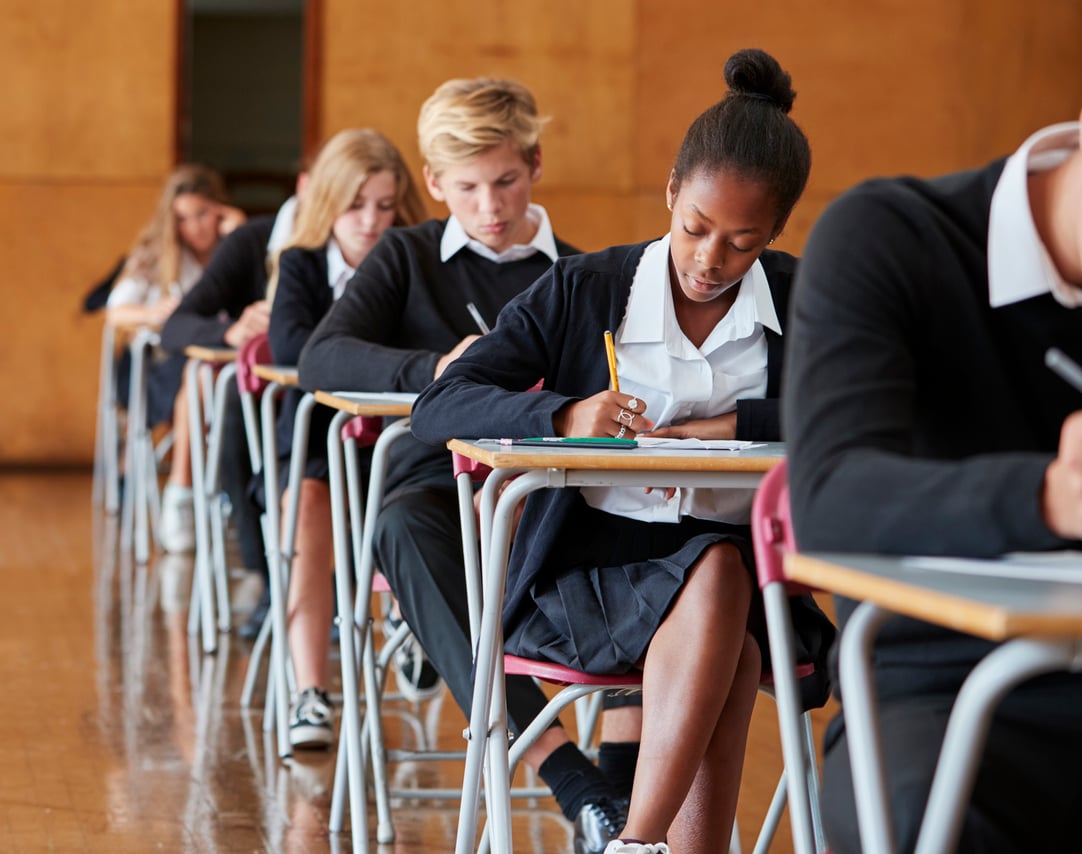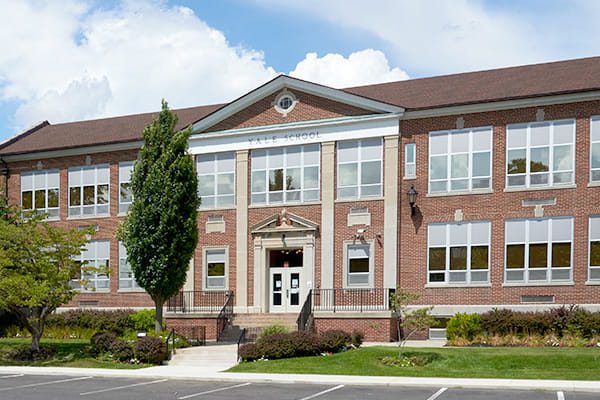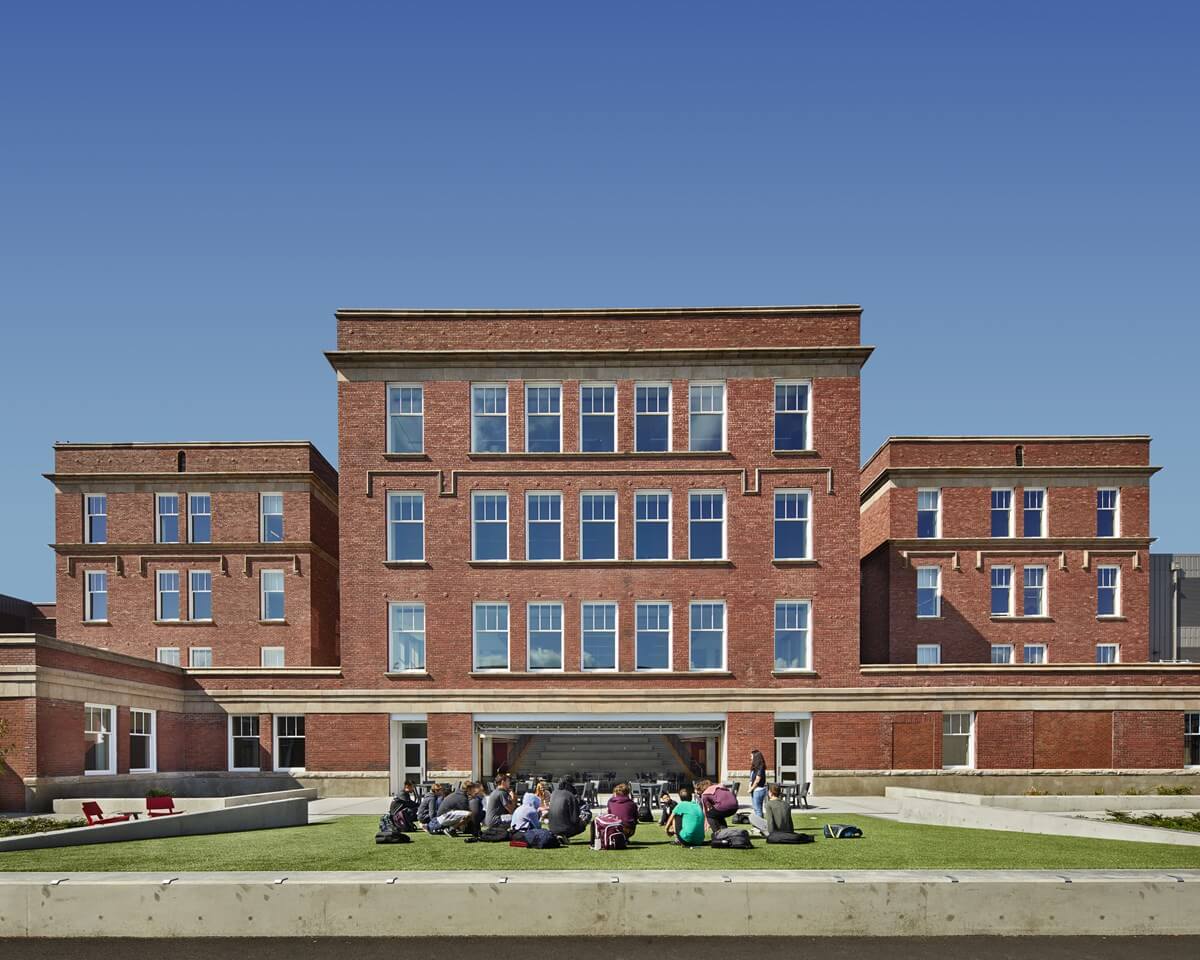Explore the Challenges Facing Our Area: Save Temecula Schools
Wiki Article
Comprehending the Importance of Colleges in Child Advancement and Community Development
Institutions' interaction with regional neighborhoods with service-learning campaigns reinforces the bond in between family members and academic organizations. This symbiotic relationship underscores the significance of schools in supporting active citizenship and long-lasting understanding routines.Academic Accomplishment
Academic achievement functions as a keystone of youngster growth, providing the structure whereupon future learning and success are developed. Schools play a pivotal role in promoting this academic development, using structured settings where kids can get necessary understanding and cognitive abilities. Standardized curricula make certain that pupils gain efficiency in core topics such as mathematics, scientific research, and language arts, which are essential for both college and specialist chances.Along with passing on basic academic abilities, colleges additionally cultivate essential reasoning, analytic capabilities, and intellectual inquisitiveness. These cognitive proficiencies are crucial for browsing complicated real-world circumstances and adapting to the ever-evolving needs of the contemporary workplace. Teachers, as facilitators of understanding, utilize varied instructional methods to accommodate different learning styles, thus taking full advantage of private pupil potential.
Additionally, academic success is very closely linked to self-esteem and inspiration. Kids who experience scholastic success are more probable to create a positive self-concept and a lifelong enthusiasm for knowing. Colleges additionally use different sources, such as collections and technology, which further boost the educational experience and prepare students for a technologically innovative culture.
Social Skill Development
Beyond scholastic success, the role of colleges in social ability development is vital. Schools work as a main venue for children to learn and exercise necessary social skills such as communication, collaboration, and dispute resolution. In the organized setting of a class, pupils engage with peers, teachers, and various other college staff, supplying numerous opportunities to create these important abilities.Effective social ability advancement in institutions is promoted via group activities, collective jobs, and extracurricular programs. These interactions help pupils understand social norms, build compassion, and promote a sense of area. Group assignments instruct trainees how to function together in the direction of a common objective, pay attention to various perspectives, and browse disagreements constructively.

The farming of social skills during academic year lays a structure for future personal and specialist connections. Save Temecula Schools. As pupils mature, the capability to effectively communicate and work together comes to be significantly vital, underscoring the school's critical role in alternative youngster growth
Direct Exposure to Diversity
Exposure to variety in colleges is basic to promoting a comprehensive state of mind and expanding students' point of views. Schools work as a microcosm of the wider society, and encountering diverse societies, languages, and socioeconomic histories within this atmosphere outfits trainees with important abilities for navigating a significantly globalized globe. This exposure motivates empathy, decreases bias, and promotes mutual respect amongst peers.Varied class likewise improve social and cognitive growth. Study shows that students who communicate with peers from varied backgrounds display far better analytic abilities and imagination. They learn to value different viewpoints, which enriches classroom discussions and fosters a more vibrant understanding experience. This understanding of variety prepares pupils for future workplaces that value multicultural capability.

Area Engagement
The advantages of varied classrooms extend beyond the institution walls, fostering a strong sense of community involvement among trainees. By engaging with peers from different social, socioeconomic, and ethnic backgrounds, pupils obtain a more comprehensive perspective and a gratitude for variety. This direct exposure urges them to come to be energetic citizens who are ready to add favorably to their communities.Institutions that stress neighborhood interaction commonly incorporate service-learning tasks, which permit pupils to resolve real-world troubles while using academic skills. These tasks not just boost students' understanding of their coursework yet likewise impart a sense of duty and empathy. Moreover, partnerships between institutions and regional companies give pupils with chances to join community occasions, even more solidifying their duty as aggressive neighborhood members.
Furthermore, adult and community participation in colleges go to the website enhances the bond between instructional organizations and the communities they offer. When schools open their doors to area events, workshops, and volunteer possibilities, they produce a joint atmosphere that profits all stakeholders. This shared assistance system ensures that pupils receive alternative development, preparing them to end up being well-shaped individuals that value and contribute to their areas. Through these initiatives, institutions play an essential function in nurturing area engagement and promoting social development.
Lifelong Learning Behaviors
Establishing long-lasting understanding habits is vital for a child's continuous development and versatility in an ever-changing world. Institutions play an essential role in instilling these practices by producing an atmosphere that cultivates interest, critical reasoning, and a love for understanding. Through varied educational programs and after-school activities, teachers encourage pupils to explore various topics, evaluate information critically, and apply their learning to real-world situations.
Furthermore, colleges offer an organized setting where youngsters can develop self-discipline and time monitoring skills, both of which are vital for continuous learning. By stressing the importance of setting objectives, reviewing Check This Out development, and adapting why not check here methods, schools prepare trainees to browse the intricacies of adult life, ensuring they stay long-lasting students and factors to society.
Conclusion
To conclude, colleges are essential in fostering kid advancement and area growth by giving settings conducive to academic success, social skill growth, and direct exposure to variety. Via collaborative jobs and communications, colleges boost critical thinking, compassion, and communication abilities. Area involvement initiatives better reinforce the bond in between neighborhood areas and instructional establishments. Eventually, colleges grow long-lasting discovering routines, furnishing individuals with the essential expertise and abilities to contribute positively to culture.In the organized setting of a class, students engage with peers, educators, and other school staff, offering many opportunities to establish these important capabilities.
In significance, direct exposure to variety within institutions not just enhances individual trainees but additionally strengthens the social material of the community as a whole.
The advantages of varied class extend beyond the institution wall surfaces, cultivating a solid feeling of neighborhood engagement amongst trainees.Colleges that emphasize neighborhood involvement frequently include service-learning jobs, which permit trainees to resolve real-world problems while applying scholastic skills. Collaborations between schools and local organizations offer pupils with chances to get involved in neighborhood events, additionally strengthening their function as aggressive neighborhood members.
Report this wiki page